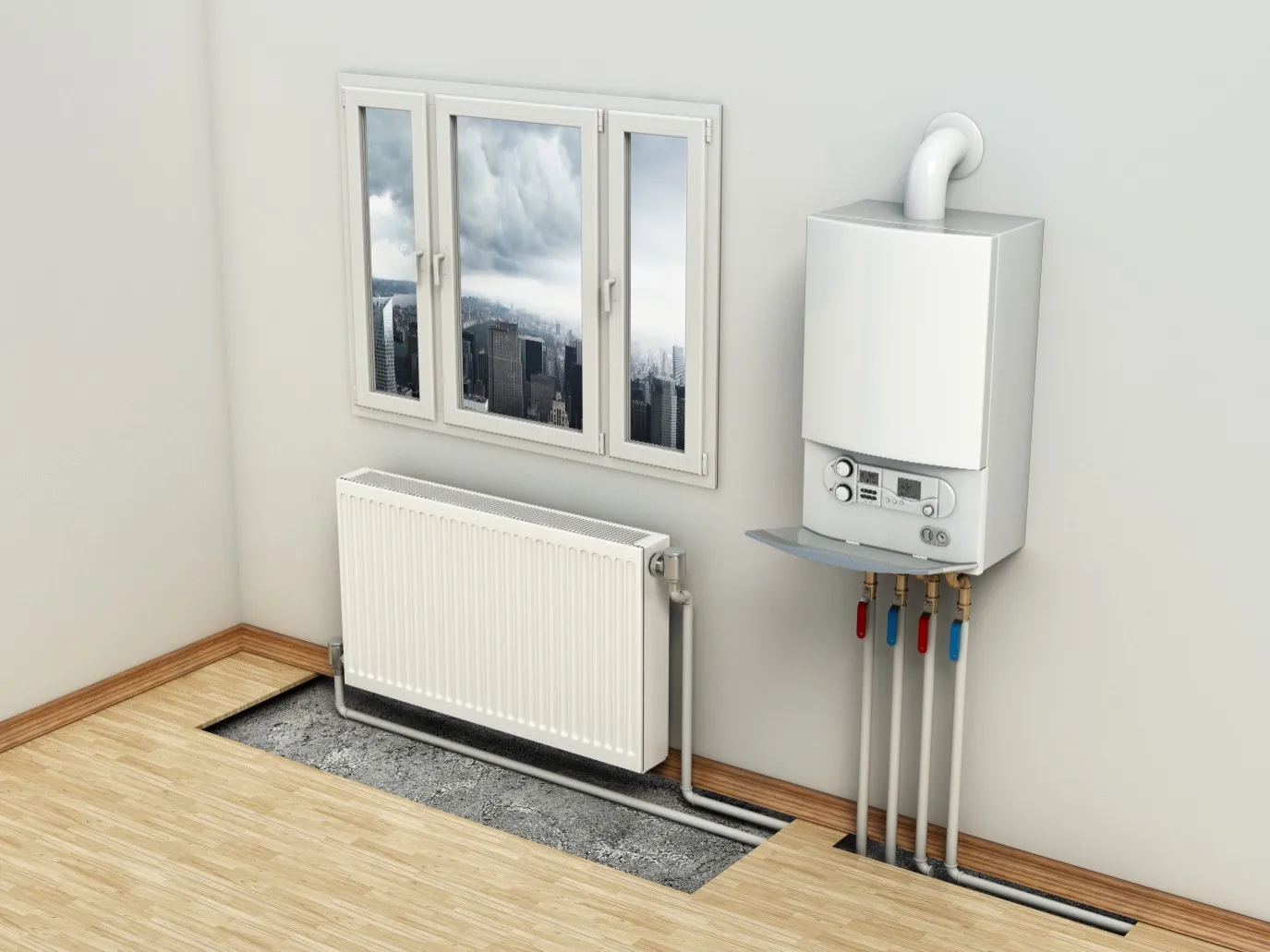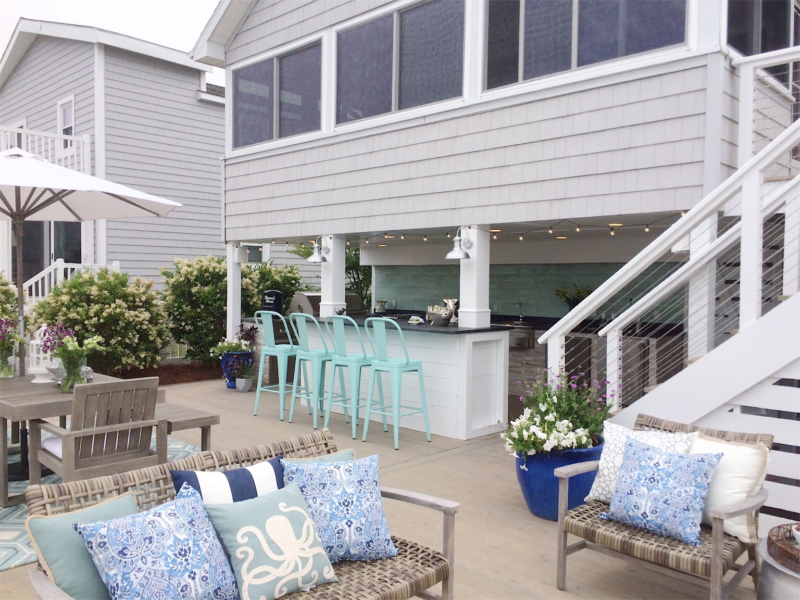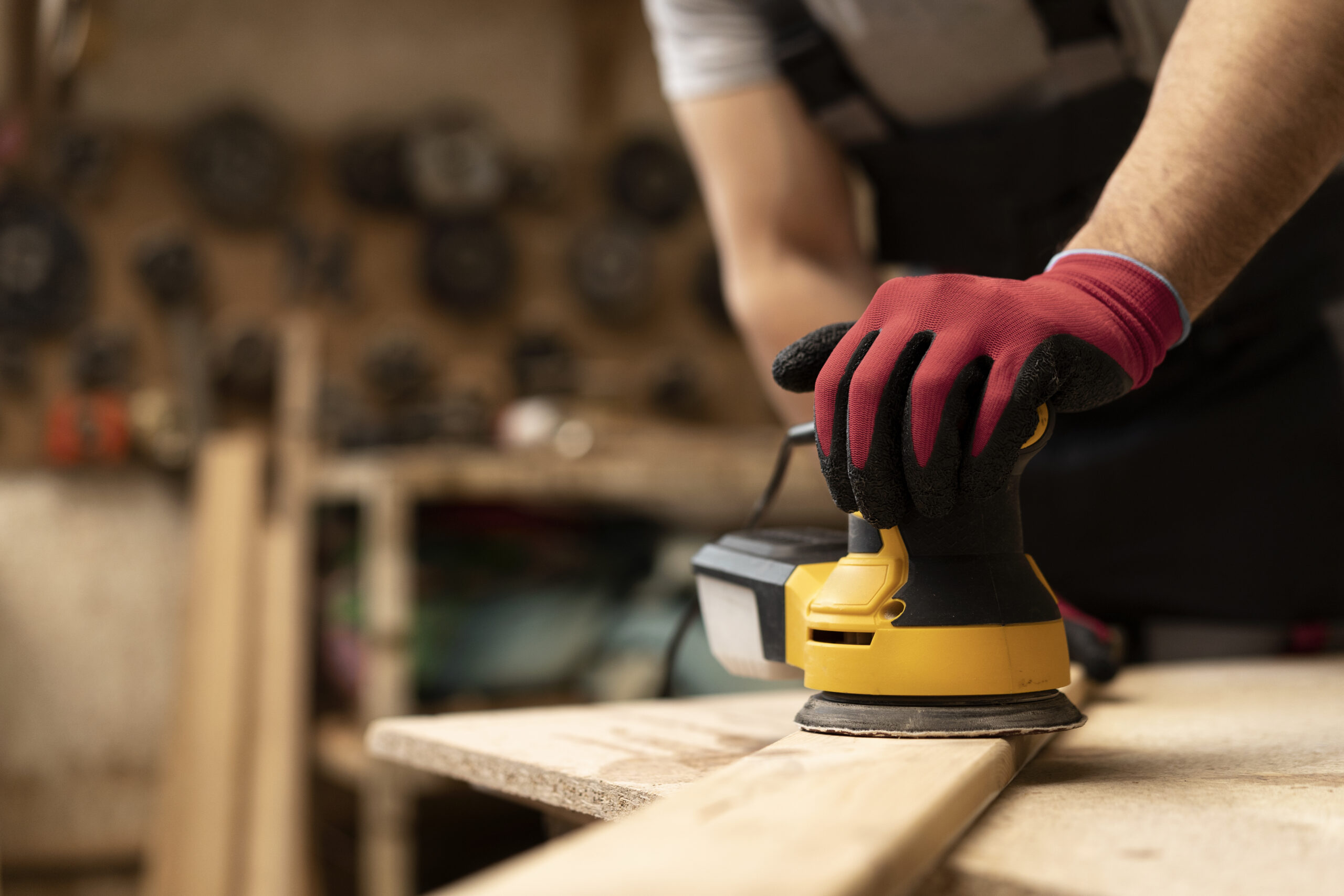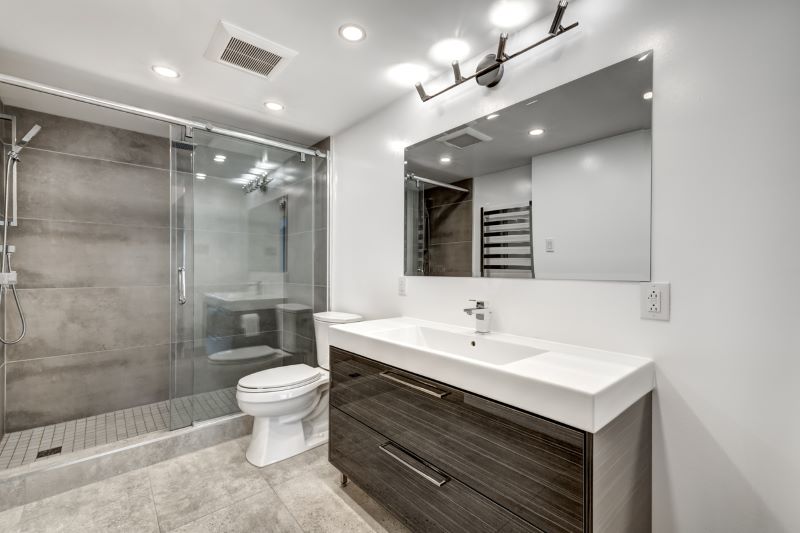Why Do I Have a Combi Boiler and a Water Tank?

If you’ve recently moved into a new home or started examining your heating system, you may be puzzled to find both a combi boiler and a water tank installed. This setup can seem unusual, as combi boilers are typically designed to provide hot water and heating directly, without the need for a separate storage tank. So why would a property have both? The answer often lies in the property’s design, water demand, and efficiency requirements.
In this article, we’ll explore why a combi boiler might be paired with a water tank, how the system works, its advantages and drawbacks, and what it means for your home’s heating efficiency. Whether you’re a homeowner, tenant, or simply researching heating systems, this detailed guide will help you understand why this combination exists and whether it’s the right solution for your household.
What Is a Combi Boiler?
A combi boiler, short for “combination boiler,” is a modern heating system that provides both central heating and hot water on demand. Unlike traditional boilers, which require a separate hot water cylinder or tank, a combi boiler heats water directly from the mains supply whenever you turn on a tap.
Key Features of Combi Boilers:
- No separate hot water storage tank needed.
- Compact and space-saving, making them popular in smaller homes.
- Provides hot water instantly.
- Highly efficient due to reduced heat loss.
What Is a Water Tank Used For?
A water tank in a heating system is typically a hot water storage cylinder or a cold water storage cistern. Its role is to store water so it’s ready for use when demand is high.
Types of Water Tanks:
- Hot Water Cylinder: Stores pre-heated water for taps, baths, or showers.
- Cold Water Storage Tank: Usually located in lofts, feeding water into the system.
- Unvented Cylinder: Connects directly to the mains water supply, providing strong water pressure without a header tank.
Why Do I Have a Combi Boiler and a Water Tank?
Although combi boilers usually eliminate the need for water tanks, there are several scenarios where both may be installed:
1. High Hot Water Demand
If your household has multiple bathrooms or high simultaneous hot water usage, a combi boiler alone may struggle to keep up. A water tank stores hot water, ensuring supply during peak times.
2. Hybrid System for Large Properties
In larger homes, a combi boiler may be used in combination with a hot water cylinder to balance efficiency and demand. This hybrid approach prevents water pressure drops when multiple outlets are in use.
3. Retrofitted Heating Systems
Some properties upgrade to a combi boiler but keep the existing water tank for flexibility. This setup avoids costly removal of old infrastructure.
4. Solar or Renewable Integration
A water tank allows integration with solar thermal panels or other renewable energy systems. The combi boiler then acts as a backup, heating water when solar energy is insufficient.
5. Improved Water Pressure
In areas with weak mains water pressure, an unvented hot water cylinder paired with a combi boiler ensures better flow rates for showers and baths.
Advantages of Having Both a Combi Boiler and Water Tank
1. Reliable Hot Water Supply
Even during high demand, stored water ensures that showers, baths, and appliances can run simultaneously without interruption.
2. Flexibility in Heating Sources
With a hot water tank, you can combine traditional heating with renewable sources like solar panels or heat pumps.
3. Enhanced Water Pressure
Unvented cylinders provide consistent water pressure across the home, improving comfort.
4. Future-Proofing the System
Keeping both options allows for easier upgrades and system adaptations over time.
Disadvantages of Having Both Systems
While there are benefits, combining a combi boiler and water tank isn’t always ideal:
- Takes Up More Space: Tanks require storage areas, reducing the main benefit of a combi boiler’s compact design.
- Potential Heat Loss: Stored hot water can cool over time, reducing efficiency.
- Higher Installation Costs: Installing and maintaining both systems can be more expensive.
- Complex Maintenance: More components mean increased servicing requirements.
Signs That You Might Not Need Both
If you notice any of the following, it may be worth considering simplifying your heating system:
- Your household has low to moderate hot water demand.
- You only have one bathroom with infrequent simultaneous use.
- The tank is taking up unnecessary space without adding value.
In these cases, a modern combi boiler alone may provide everything you need.
Should You Keep Both or Remove the Tank?
Deciding whether to keep both a combi boiler and a water tank depends on your household’s needs.
- Keep Both if you have high hot water demand, multiple bathrooms, or plan to integrate renewables.
- Remove the Tank if space-saving and efficiency are your top priorities, and your hot water needs are modest.
A professional heating engineer can assess your system and provide tailored advice.
Common Questions About Combi Boilers and Water Tanks
Can I run a power shower with a combi boiler and tank?
Yes. An unvented cylinder paired with a combi boiler often delivers strong water pressure, ideal for power showers.
Is it normal to have both systems?
While not standard, it is increasingly common in large homes and modern hybrid systems.
Will removing the tank save me money?
Possibly. Removing an unused or inefficient tank reduces heat loss and maintenance costs, but savings depend on household water usage.
Conclusion
Having both a combi boiler and a water tank may seem contradictory at first, but in many cases, it’s a smart solution for households with higher water demand, renewable energy integration, or pressure concerns. While a combi boiler alone works well for smaller homes, the addition of a water tank provides extra flexibility, improved performance, and future-proofing for more complex needs.
If you’re unsure whether your setup is necessary, consult a heating engineer to evaluate your system. Understanding the purpose of both components will help you make informed decisions about comfort, efficiency, and long-term savings.




